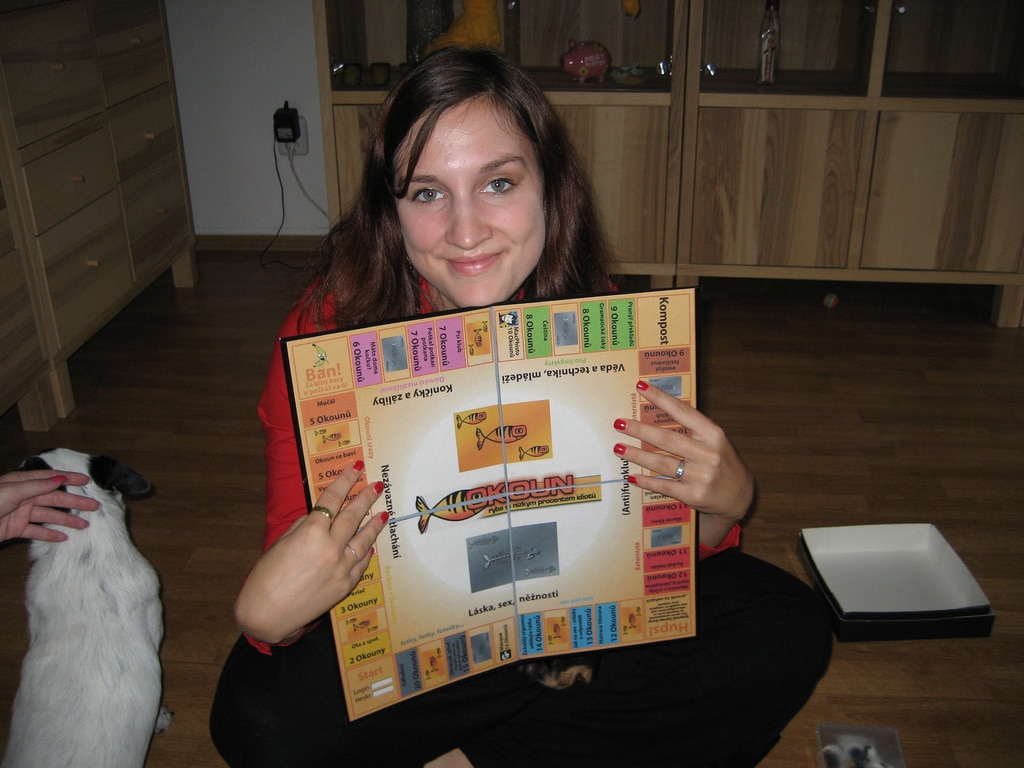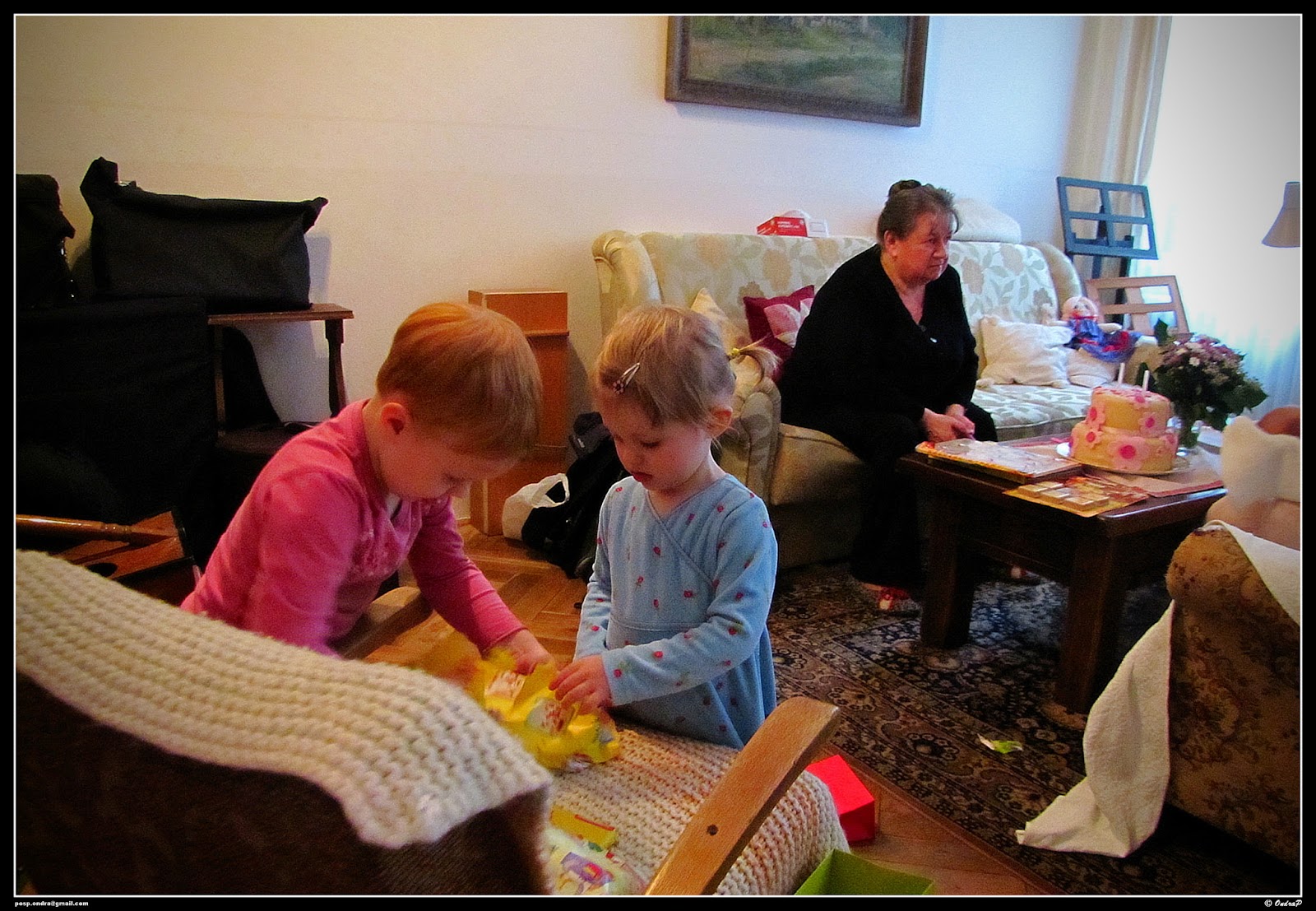9.2 – receiving a gift – dostávat / dostat and od GEN ‘from’
|
|
|
Petra dostala úžasný dárek od Lucky. |
The verb dostávat is perfectly regular and is conjugated like other -á- verbs:
|
já |
dostávám |
my |
dostáváme |
|
ty |
dostáváš |
vy |
dostáváte |
|
on, ona, ono |
dostává |
oni (ony, ona)[1] |
dostávají |
It’s perfective counterpart dostat is an -e- type verb and has the irregular stem dostan- (note, it’s similar to vstát, vstan- ‘to get up’).
|
já |
dostanu |
my |
dostaneme |
|
ty |
dostaneš |
vy |
dostanete |
|
on, ona, ono |
dostane |
oni (ony, ona) |
dostanou |
|
|
|
|
Lucie slaví narozeniny a doufá, že dostane dobré dárky. |
K narozeninám Lenka dostala dobrou knihu. |
od GEN ‘from’
If you want to say who a gift is from, use od GEN. Here are genitive case endings for Masculine Animate and Feminine nouns (since we’ll be receiving gifts from people – obviously).
|
|
MA |
F |
|
Hard Stem |
-a
Jan → Jana Petr → Petra |
-y
Aneta → Anety Karolína → Karolíny |
|
Soft Stem |
-e Lukáš → Lukáše Tomáš → Tomáše |
-e Lucie → Lucie Marie → Marie |
|
|
|
|
Zuzana dostala stolní hru od kamaráda. |
Míša vždycky dostává k narozeninám dobré dárky od maminky. |
Images used in this document come from these sources.
[1] In Standard Czech there is also ony (for masculine inanimate and feminine subjects) and ona (for neuter plural subjects), but in Spoken Czech these forms are typically not used frequently, especially neuter pl. ona. Instead, oni is used consistently for all genders. Similarly, rádi is the most common form in the plural, but the form rády is technically what should be used for groups of women only.




